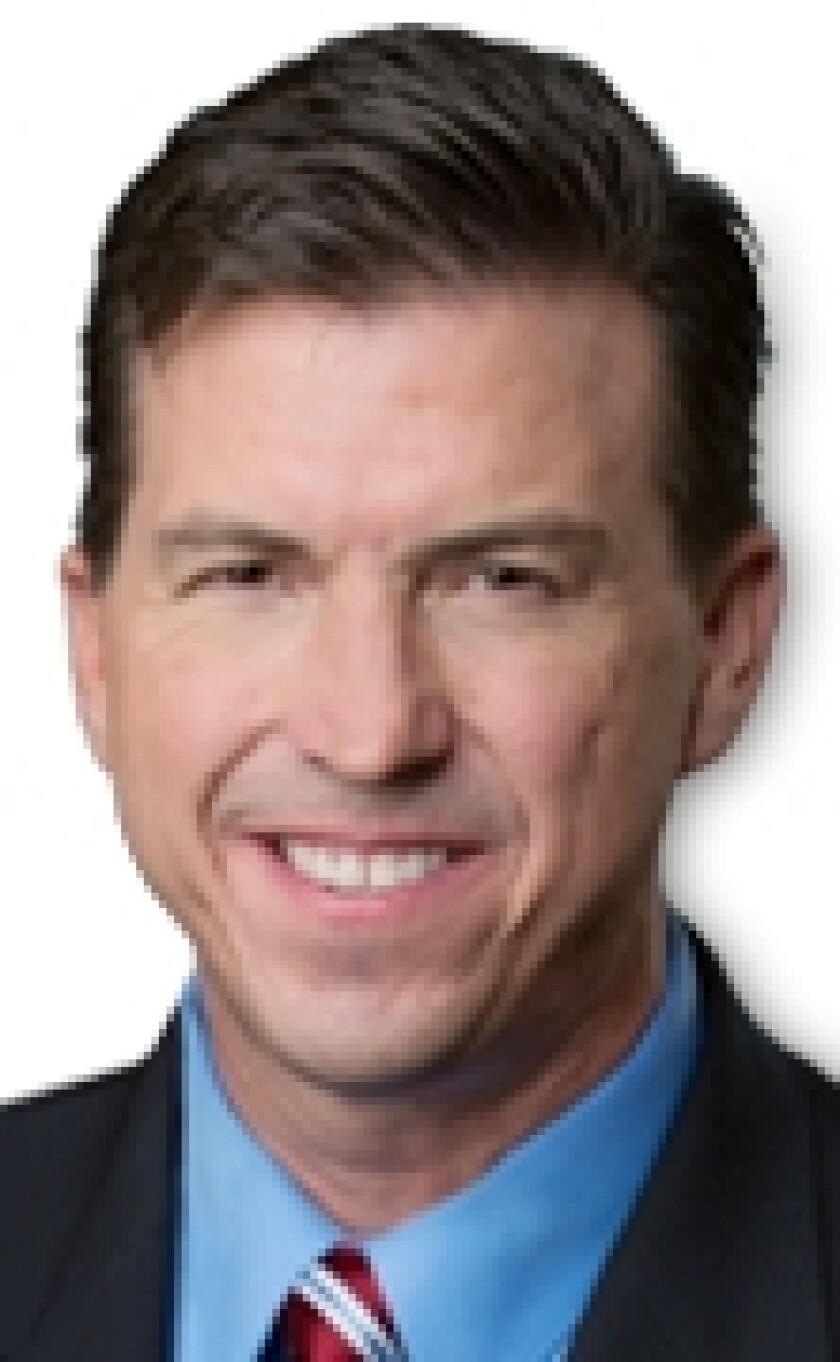
AB 992, sponsored by Assemblymember Kevin Mullin, D-San Mateo, has passed the Assembly and was sent last week to the state Senate for consideration.
The California State Association of Counties (CSAC), which supports the bill, published this analysis in its most recent bulletin:
“The internet provides a way for local officials to engage the public in issues of importance like never before, and to make their deliberations and the reasons for their decisions more transparent that ever before. However, there is some concern that the Brown Act could be interpreted to disallow this potential in many cases, even though the purpose of the Act is to ensure that the actions of local elected officials are ‘taken openly and that their deliberations be conducted openly.’”
The Ralph M. Brown Act is designed to ensure that government meetings and deliberations remain open and accessible to the public, with certain narrow exceptions.
A state legislative analysis of the bill’s merits, however, cites this opposition from the California News Publishers Association:
“The Legislature, in its wisdom, enacted the serial meeting provision of the Brown Act to prevent a majority of the members of a local agency from conducting the public’s business outside of an open and public meeting. The social media exception proposed in AB 992 threatens to undermine this hallmark principle. Moreover, the proposed social media exemption also threatens to marginalize those in communities where internet access is intermittent or non-existent. Those who choose not to use social media at all could also be alienated, unaware of ‘public discussions’ via social media that could be important in understanding the development and shaping of local public policy before a formal vote of the legislative body.”
“Serial communication” is akin to deliberations, the critics say, and should be allowed only during open meetings where the public may see and hear any discussions and deliberations.





